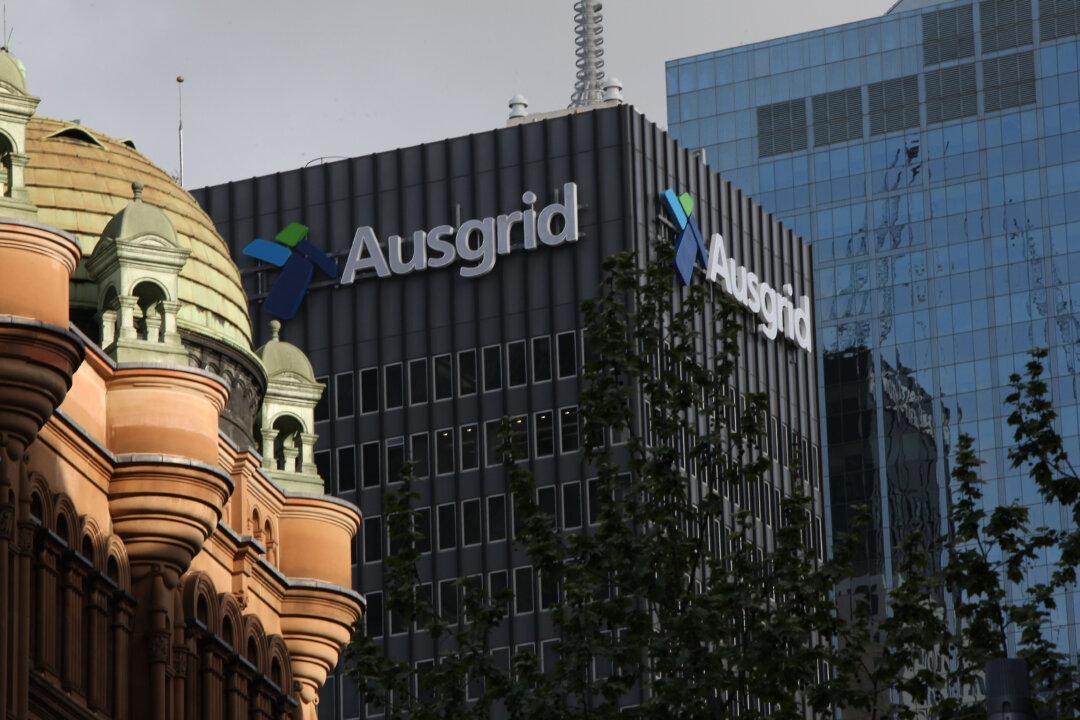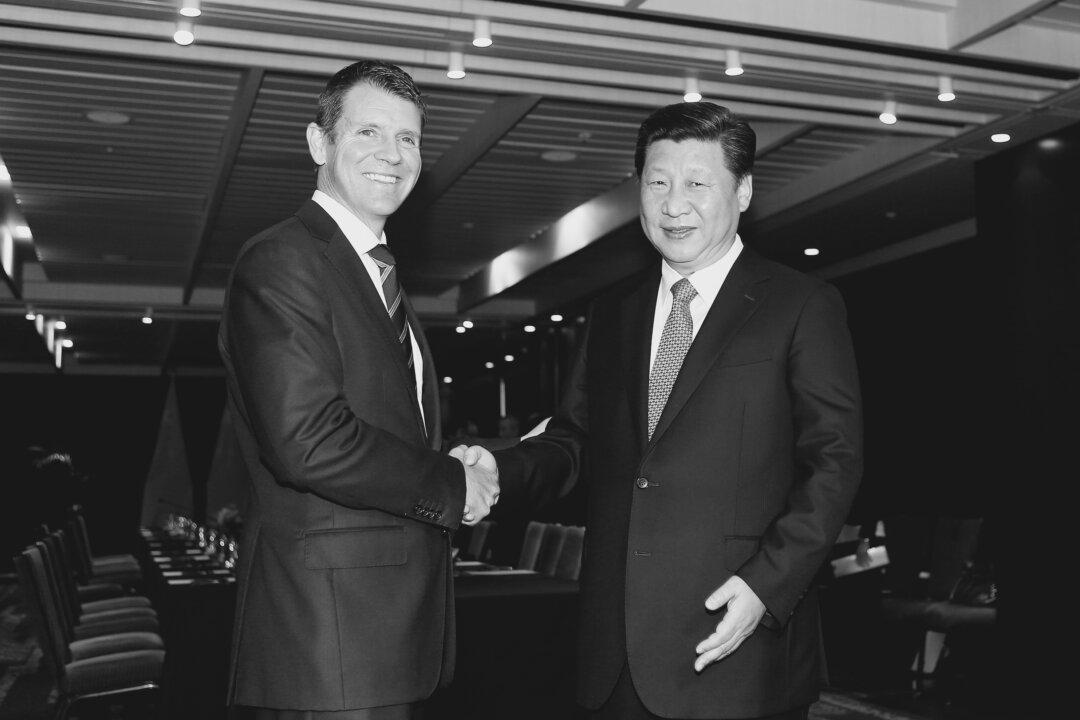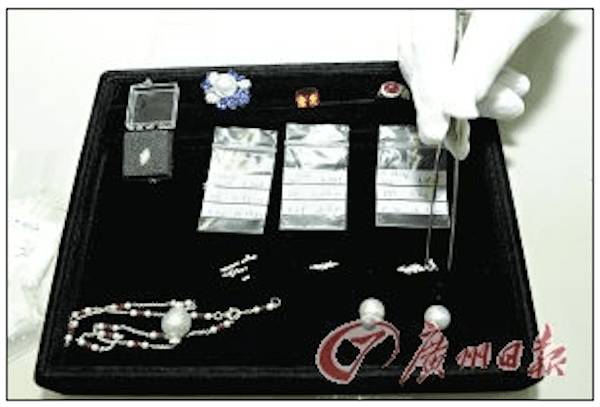Following the bumper sale of its TransGrid electricity transmission network, the New South Wales Government, led by Mike Baird, is now looking to partly privatize its distribution business, Ausgrid.
Ausgrid supplies power to around 1.6 million customers in Sydney, the central coast and Hunter regions—the state’s most heavily populated areas. The bid date is set for Feb 29, and the 99-year lease is for a 50.4 percent stake thought to be worth at least $12 billion including debt.
Two Chinese state companies controlled by the Chinese Communist Party are through to the indicative bidding phase—State Grid Corporation of China and China Southern Power Grid. The political implications of this have worried national security researchers, particularly given State Grid’s military and intelligence ties.
Geoff Wade, visiting fellow at Australian National University’s Crawford School of Public Policy, described China as “an expanding authoritarian state” in an interview with Epoch Times, and added that “One of its major avenues for this is buying up infrastructure—economic leverage leads to strategic leverage.”
Foreign state-owned enterprises (SOEs) have been limited from owning more than the NSW government’s own 49.6 per cent, according to the Australian Financial Review. State Grid partnered with Macquarie Infrastructure Real Assets while bidding for TransGrid, and may bid with Macquarie Capital this time, while China Southern Power Grid has teamed up with Global Infrastructure Partners.
The conditions set on foreign SOEs have not been explained, but there are three main issues that Australians should be aware of regarding the Chinese Communist Party and its SOEs.
Security Threats
The first is State Grid’s ties to the Communist Party and its spy agencies. For instance, one of State Grid’s subsidiaries is the China Electric Power Research Institute in Beijing, which works on areas like grid programming, and is a key tester of military enterprise products. It also researches and applies for patents with the People’s Liberation Army’s (PLA) Research Institute of Chemical Defense.
Similarly, the State Grid Electric Power Research Institute carries out joint research with the PLA’s University of Science and Technology, and provides equipment to the PLA Air Force.
A major company run by State Grid is the Nari Group based in Nanjing, which is involved with the Beidou project—China’s satellite navigation system that is on a par with GPS. Beidou has been linked with intelligence collection, and is a weapons-tracking and-targeting system.
These details and more were highlighted by Wade in an article in The Strategist, a publication of the Australian Strategic Policy Institute.
NARI’s presence in Australia has been growing; it won the bid for the Northern Sydney Substation Renovation Project from TransGrid in 2014, and has just signed a contract with the firm Jemena (of which State Grid owns 60 percent) to provide cables and overhead conductors for the next 5 years.
State Grid also uses technology from Huawei, a state-affiliated firm, which was banned from being involved with the National Broadband Network 2 years ago, based on advice from the Australian
Security Intelligence Organization
Huawei’s technology allows the creation of smart grids by putting domestic electricity meters online to produce an “Internet of energy”. Smart grids increase the threat of cyberattacks and espionage, according to several reports given to the U.S. Congress.
State Grid’s motives in expanding overseas, buying up key infrastructure and creating a global Internet of energy remain unclear, apart from the obvious profits. The fact that it has intimate links with the People’s Liberation Army is obviously a major concern.
Wade said he is concerned that too much emphasis is being placed on finding the highest bidder, and that restricting Chinese SOEs to a minority bid does not avoid the security threat.




